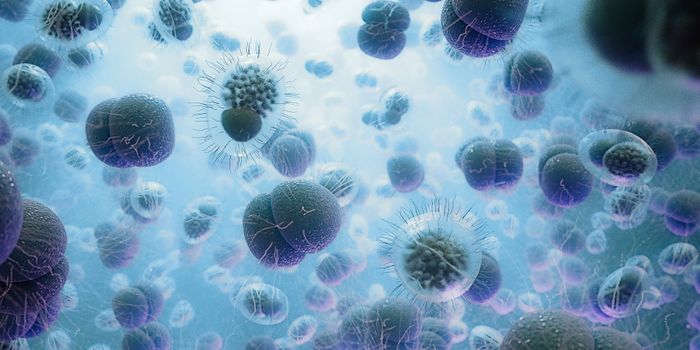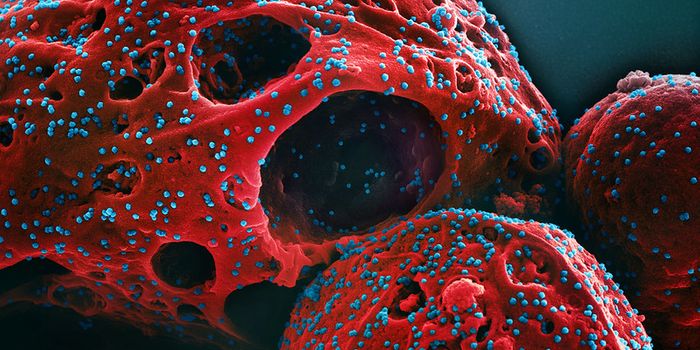A study out of Washington University School of Medicine suggests that household pets may acquire methicillin-resistant
Staphylococcus aureus (MRSA) from their owners, and may serve as a reservoir for the bacteria. Not Fido?!
S. aureus is a Gram-positive coccoid bacterium, responsible for roughly half a million hospital-acquired infections each year. It is rather ubiquitous in the environment, colonizing the nasal passages and skin of 1 in 3 people. In addition to hospital-acquired strains, community-acquired strains of MRSA are becoming more prevalent. It is estimated that 2 out of every 100 people are colonized with some strain of MRSA.
S. aureus can infect almost any part of the body, but skin infections are quite common. Typical symptoms of an
S. aureus skin infection include swelling and pain at the site, fever, and the ever-appetizing drainage of pus.
The Washington University researchers, led by Stephanie Fritz, surveyed the homes of 49 children infected with community-acquired MRSA. In addition to household surfaces such as countertops and door handles, they cultured samples from 89 pets - dogs and cats to be exact. They found that 17% of pets were colonized with MRSA, and often with the same strain that the children were infected with. This suggested that the pets were acquiring the bacteria from their owners. In fact, 90% of owners who let their pets sleep in their bed (guilty) were colonized with MRSA, and 50% of the strains were identical between pet and owner.
It’s not Fido’s fault. Pets are not a natural host for MRSA, but they do appear to serve as a reservoir for the bacteria. This raises concern that people could be re-infected with MRSA from their pets. As of now, however, there are no treatments to rid your pets of MRSA. The study authors recommend hand washing and kicking that co-sleeping habit.
Sources:
Live Science, CDC, Wikipedia









